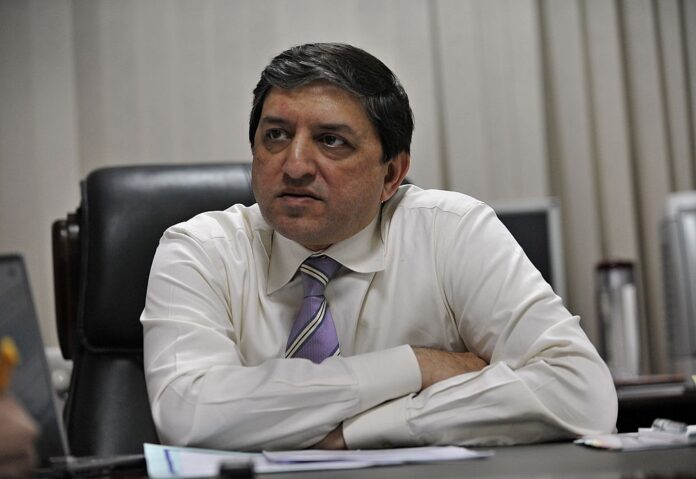Copyright Anchorage Daily News

A group of faculty unions at the University of Alaska are petitioning the UA Board of Regents not to sign on to President Donald Trump’s “Compact for Excellence in Higher Education.” Neither the board nor university leadership have so far indicated that they intend to ask to join the compact. The Trump administration sent a letter to multiple major U.S. universities on Oct. 1 that offers preferential funding treatment if they agree to adhere to certain stipulations aligned with the administration’s values. Those stipulations include adhering to a binary gender ideology, limiting the number of foreign students American universities could admit, prohibiting university staff from political speech in their official capacity, requiring admissions based on standardized tests, and creating an environment that does not belittle or “spark violence against conservative ideas.” Most of the universities have rejected the compact. Part of the compact states that universities that violate the agreement or choose to diverge from its models and values may forego federal support. The UA petitioning unions say they were motivated to create the petition following a post from Trump on Truth Social, which they view as inviting all American universities to join the compact. “But for those Institutions that want to quickly return to the pursuit of Truth and Achievement, they are invited to enter into a forward looking Agreement with the Federal Government to help bring about the Golden Age of Academic Excellence in Higher Education,” Trump wrote on Oct. 12. Unions representing UA faculty, graduate workers, adjunct professors and a newly formed union gathered 671 signatures in just over a week. They argue that joining the compact would violate the Alaska Constitution. “We want to preemptively tell them that this is a bad idea,” said University of Alaska Fairbanks math professor and United Academics President Jill Dumesnil. “It’s a bad idea to give up institutional autonomy to the federal government in exchange for preferential treatment and funding.” Dumesnil said several foreign faculty members refrained from signing the petition for fear of retribution. Union members delivered the petition to the Board of Regents on Monday. University of Alaska spokesperson Jonathon Taylor said the Board of Regents does not have any agenda items dedicated to discussion or implementation of the compact during meetings scheduled for Thursday and Friday. “The UA System has not received any communications from the Trump Administration regarding the Compact for Academic Excellence in Higher Education, so there’s nothing for Regents to take action on. The details of the Compact that have been released in the media lack the specificity needed for the UA Board of Regents to make a decision as to what is in the best interest of our students, staff, and faculty,” Taylor said in an email. “The Department of Education and White House typically use official channels (letters, memos, etc.) to communicate directly with institutions on issues like this. We’ve yet to receive anything in that vein from the Administration.” Dumesnil said faculty were caught off guard by the board’s February action removing references to affirmative action, diversity, equity and inclusion from statements about nondiscrimination and equal employment opportunity. That action was not noticed on agendas published prior to the meeting, and Dumesnil said the unions were hoping to avoid a repeat of that scenario. Already this year, the university has lost out on tens of millions in federal funding that was either frozen or canceled. Despite the terminated funding, the University of Alaska maintains about 95% of its research portfolio, totaling nearly $1 billion in federal grants over several years. Dumesnil said the unions’ central objections to the compact are the perceived restrictions on teaching, learning and research, ceding control of university operations to the federal government, and tying research benefits to qualifications other than merit. “It requires broad ideological tolerance, and at the same time, declares certain viewpoints and subjects off-limits. So we want to have the freedom to teach our students and have our students learn and grow and to do research independent of a federal agenda,” Dumesnil said. “It’s not just research funding that is tied to this oath. It’s also funding for student support, or any federal funding whatsoever, student loans, student grants,” adding she believes it “amounts to a loyalty oath.” The compact calls for limiting approval of foreign students’ visas to those who are “supportive of, American and Western values”; prohibiting any university with endowments exceeding $2 million per undergraduate student from charging tuition for hard science programs, with exceptions for students from wealthy families; prohibiting support of entities deemed terrorist organizations by the U.S. government; and requiring students be admitted on the basis of their scores on college entrance exams and eliminating race, sex or nationality from consideration.



